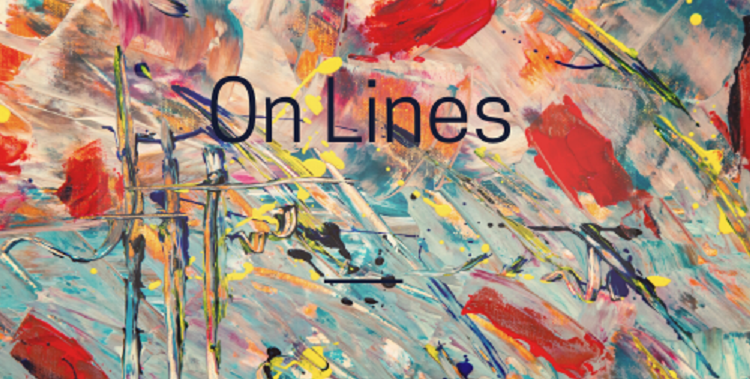Albus McInerney edits a literary magazine.
Dimitri has proposed a poem for the next issue written by a student from Minsk. It is a cogent and timely argument for democracy and the benefits it will bring, which Dimitri prefaced in his presentation with a quote from Shelley, about a lost country country bought and sold / With a price of blood and gold.
Patrice completed the Shelley quote – enunciating the lines with feeling – Declare with measured words that ye / Are, as God has made ye, free!
A resident of Hong Kong and an eyewitness to the 1989 events in Beijing, Patrice has first-hand and painful insight on how a popular desire for change may be resisted by those for whom such change would represent an erosion of power.
In Belarus (and elsewhere), change is bubbling to the surface. All around the world, it is in the air, literally – the virus is altering multiple aspects of human interaction, and the consequences will last well beyond the present unpleasantness.
When we began our weekly Zoom meetings, we imagined – like everyone else – that this would be a temporary means of maintaining the status quo, of continuing a dialogue that was already well established. But Zoom hasn’t maintained the dialogue, it has changed it fundamentally and sent it off in new directions.
This has been positive, overall.
For one thing, we have discovered romance! Well, two of us have. Marianne and Dimitri were once at daggers drawn (intellectually speaking). Now, when Dimitri makes one of his witty (often, it must be said, rather wicked) interventions, Marianne responds with all the prim disapproval of an infatuated teenager – and when Marianne makes one of her austere (perhaps even intolerant) aesthetic judgments, it is Dimitri who softens the tone and renders the argument more agreeable to everyone else.
Since we entered the Age of Zoom, Kim has earned a gratifyingly substantial sum of money from the unlikely sale of film rights to her epic poem about trans-Pacific migration at the end of the nineteenth century. The creative boost that this has given her has been amplified more strikingly in the virtual weekly meeting than would have been the case, I believe, if we had continued to communicate by email.
And, as his domicile has begun to change from a vibrant global hub to a sullen coastal outpost, with dispiriting consequences for the life of the mind, Patrice appears to have adopted a more combative approach to the uses of art (reflected in his quick and passionate deployment of the lines cited above).
Changes in the circumstances of our editorial board have been shared, analysed, managed and reflected in the collective engagement of our weekly call. In the beginning, I was nervous about how our disparate personalities would interact. As it turns out, the adjustment has been other than expected, and altogether more interesting. I imagine this has been replicated in millions of similar collegial encounters around the world in recent months – human beings do have a remarkable capacity to find ways of understanding one another. New possibilities emerge from even the most unpromising conditions.
Unpredictable change should make those in power tremble – especially those who have no business being in power in the first place. Whether corrupt or incompetent or simply bad, leaders who are unfit to rule are being found out in an era when adversity has driven change at warp speed. They will not put the genie of the people’s righteous indignation back into the bottle (in this respect, unfortunately, the virus serves as a bleak but informative metaphor). The people will, in Shelley’s words, Rise like Lions after slumber / In unvanquishable number.
The poem quoted by Dimitri and Patrice concludes with an observation that is, clearly, as valid today as when it was written two hundred years ago:
Shake your chains to earth like dew
Which in sleep had fallen on you –
Ye are many – they are few.
Change is in the air, and in the long run, if history is any guide, it is likely to be more positive for those who aspire to something better than for those who benefit from the status quo.
